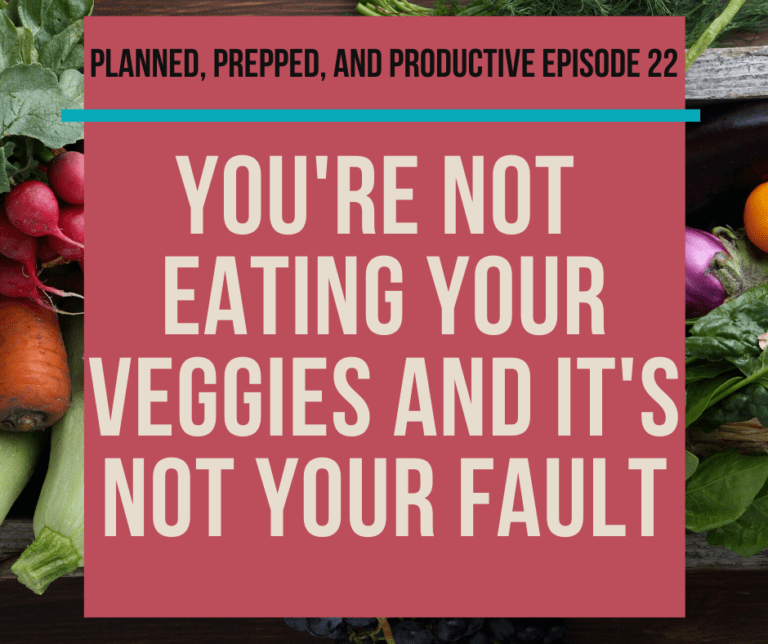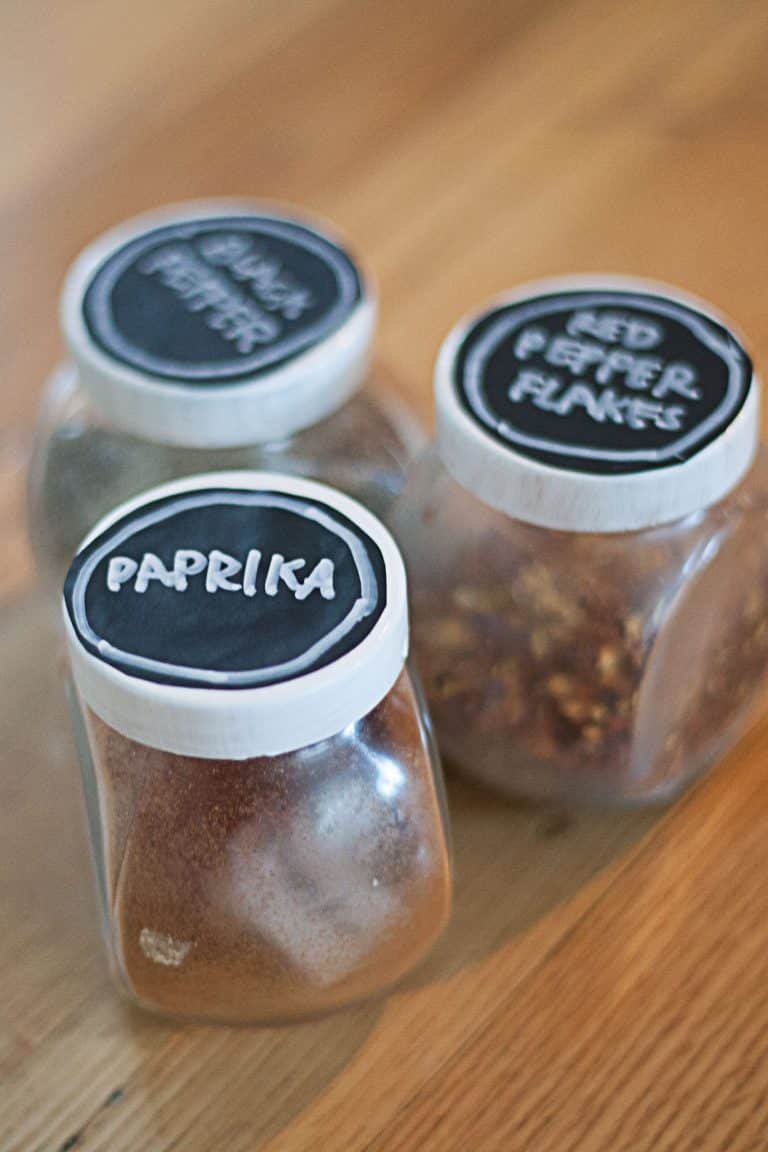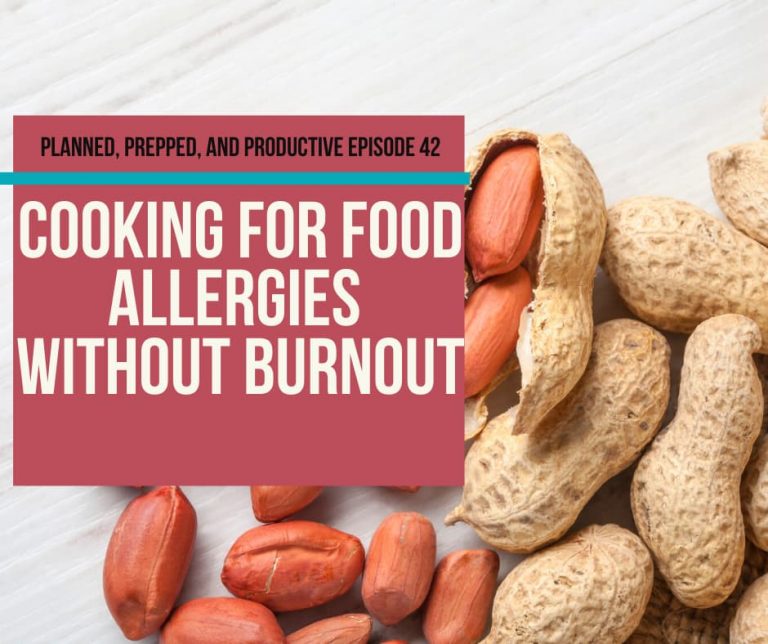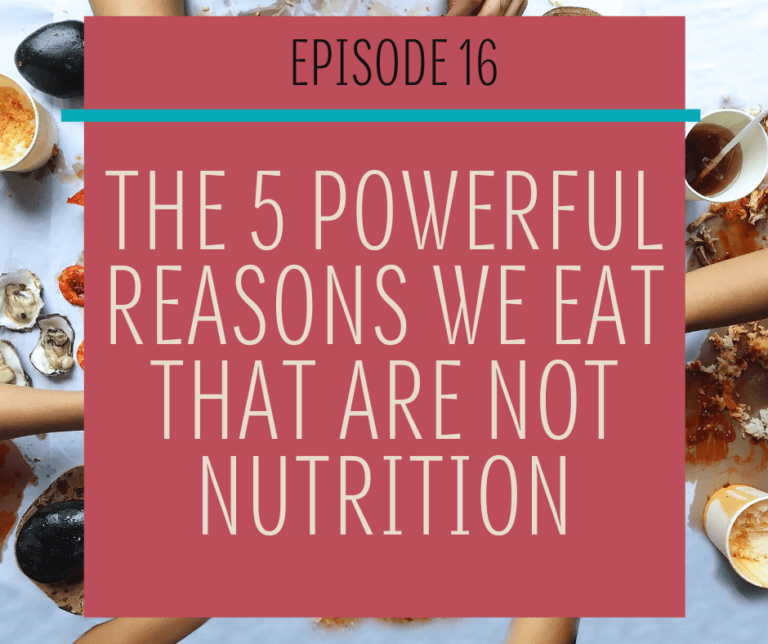Why nutrition is so confusing and how to figure it out

Do you want to make better food and health choices, but feel frustrated because nutrition is so confusing! I’ve been there, and I’m a dietitian. It’s so hard to know the right choices to make to give us the best chance at a long, healthy, happy life, but I promise it’s not as hard as it seems. Find out why nutrition is so confusing and then use that information to become a good judge of nutrition information and learn to make nutrition choices with confidence!
I chose this topic out of personal frustration and the frustration of loved ones and those around me.

Why in the heck is nutrition so confusing?
I’ve struggled with this myself even after years of school and training.
I’ve also had many people CHALLENGE me on nutrition despite years of school and training.
So what exactly is it that makes nutrition so confusing and knowing the right way to eat and the right way to treat our body so difficult.
Well…first of all I’m going to burst your bubble a little and tell you that it isn’t nearly as confusing as we make it (BUT there is a lot of noise that we have to sift through in order to get to the important stuff). Let’s dive into the reasons why nutrition is so confusing, or why it can be so confusing and see if we can provide a little clarity that will give you confidence in your decisions.
One of the biggest reasons that meal planning and meal prep can be so difficult is because we don’t know what to serve our family. I already have provided a simple formula for planning balanced meals in a previous episode (link in shownotes) but I know there are a lot of messages out there making you think that even that STILL isn’t enough or it isn’t healthy or nutritious. So let’s dig in a little bit to why all of the advice is so confusing and then you’ll have the knowledge you need to make the choices that work for your family.
Why nutrition is so confusing
So let’s just drop a little truth bomb to start this episode.
Reason #1 Nutrition is so confusing: Eating for weight loss is not the same thing as eating for nutrition.
Let me say that again for the people in the back. Weight loss eating is not the same as healthy eating.
Our bodies preferred way of getting energy is by breaking down carbohydrates. This is the body’s normal response. In order to lose weight, we have to be in a calorie deficit which will then force our body into a different pathway for energy (either the breakdown of fats or protein in our muscles).
So the act of weight loss is intentionally forcing the body to use a pathway that it doesn’t prefer for energy. It exists to help us in times of starvation or when food is not available.
This also seems like a good time to clarify that we absolutely DO need protein, fats, fiber, and loads of micronutrients in addition to carbohydrates, but for the purpose of ENERGY carbohydrates are the preferred source.
Now is there a time for weight loss? Even that is a loaded question. The answer? Maybe. It is true that studies have shown that high BMIs are associated with an increase in risk for certain chronic diseases (heart disesase, diabetes, hypertension etc…) BUT what hasn’t been proven is whether or not weight loss will actually decrease risk among otherwise healthy overweight or obese individuals risk. The relationship between weight and chronic disease isn’t totally clear.
Another thing to note here is that the relationship between weight and disease risk actually lies on a J-shaped curve, not a traditional linear curve. What this means is that the LOWEST and the HIGHEST BMIs are the most at risk, and the middle BMIs are the least at risk. The lowest risk is among those with BMIs defined as normal, and risk increases slowly as weight increases, but it is actually less risky to overweight or even mildly obese than it is to be underweight.
It’s also important to note that most people who lose weight will gain the weight back. It’s also important to note that weight cycling (also known as yo-yo dieting or continually gaining and losing weight) may also put you at an increased risk for disease.
So, whether or not YOU want to lose weight ultimately is a personal decision BUT equating a weight loss diet with a healthy diet is not accurate…and it likely is a huge cause of your confusion when it comes to nutrition.
Maybe, as an example you tell your doctor that you’d like to lose weight, and they tell you the general nutrition advice that you’ve heard time and time again (eat whole grains, eat fruits and vegetables, eat enough lean protein, and eat healthy fats). Maybe you try it, or maybe you don’t even bother because you already eat that way, but you become convinced that “healthy eating doesn’t work”
…but just because it doesn’t work for weight loss, doesn’t mean it doesn’t work, and it doesn’t mean it isn’t nutritious. If you eat this way and you don’t lose weight all that means is that your body is not in a state of negative energy balance. Your diet can be perfectly healthy, you are simply maintaining your weight like your body is designed to do and not losing. Simple as that.
Eating diets high in fruits and vegetables HAVE been shown to decrease risk for chronic diseases, but this is something that we can look at from a healthy eating standpoint NOT a weight loss stand point. Which is great news! You no longer have to base your success in a lifestyle change on what your weight does. Isn’t that awesome?
Okay, so now that we understand that weight loss is not what means a diet is nutritious, I honestly feel like we should have cleared up a lot of your confusion about nutrition. But there’s more we still need to unpack.
Reason # 2 Nutrition is so confusing: Media can exaggerate or sensationalize evidence
Another reason that nutrition information is so confusing is the sheer quantity of information available online, and not knowing whether or not a source that we listen to is legit or not.
Many influencers will cite studies, and might even have some neat credentials behind their name, yet all of the information still tends to contradict itself, so what gives?
It probably comes as no surprise that you can find evidence to support basically any opinion you have. Feel like veganism is the way? You can find studies supporting veganism? Want to go Paleo, you can find studies to support that. So are all of these diets healthy, nutritious, and good choices?
Again, there is a lot of nuance here. One of the biggest problems I see in the world of nutrition online is sensationalism. What this means is that a new study will come out and suddenly everyone rushes to overturn any other evidence from the past because of this one study. Media also often exaggerates an effect of a study or oversimplifies the solution.
An example of a headline that sensationalizes is this “15 superfoods that can save you from cancer”
So there may be some evidence that these foods prevent cancer, but can eating these foods actually guarantee to save you from cancer? Obviously not. This kind of media is irresponsible, but SO prevalent today!
So how do you know what information is “tried and true” and what information is sensationalized? The truth is we are learning more about nutrition everyday, and new studies will be able to teach us new things, but how do we know if the information is trustworthy?
There are a few ways. When looking at nutrition studies I like to compare it to the stock market. So if you choose an individual stock in the stock market and put ALL of your money into it, that’s pretty risky right? You might make a killing, but there’s an equal or greater chance that you’ll lose all of your money.
It’s the same with nutrition, if you choose to base your diet off of one or two studies that support something you believe or you want to believe, then the risk of making unhealthy choices is much higher. It’s much safer to invest in mutual fund (or a topic that has a lot of different studies that support it’s truthfulness).
Some nutrition facts that have a LOT of evidence behind them include: Eating a diet high in fruits and vegetables decreases risk for chronic disease, diets lower in sugars maintain our blood sugar better, Fiber aids digestion, all of the things that you’ve heard your whole life about nutrition but might seem a little boring. Mutual funds are boring, but they’re safe…and when it comes to your nutrition, we want safe!
Nutrition data that has more limited data includes benefits of a paleo or keto diet, the importance of organic foods, the effects of GMOs and pesticides.
Does this mean that organic foods or bad? Or does it mean that there’s no possiblility that there are some negative effects of GMOs or pesticides on our foods? No, but evidence in these categories is still emerging. So they are a riskier stock.
There’s nothing wrong with a little experimentation in a safe way (feel free to experiment with organic vegetables because they still fit into what is considered a generally healthy diet) but it’s riskier to experiment with something that directly contradicts the methods we know are safe and effective (so probably best not to cut out entire groups of foods even for experiment’s sake!
Another thing to note is to try to find the studies that an article is based on and look for randomized, controlled clinical trials which is the gold-standard for scientific evidence. Other types of studies and animal studies have their place, but they are not nearly as conclusive as clinical trials.
Okay so now you know that weight loss is not equal to nutrition and how to sift through all of the noise in trials and evidence. Still confused?
Another issue here is that there are many people who preach about nutrition based only on personal experience, or the personal experience of their clients.
So they say here’s what I did, here’s the result, you should do it too!
…and while this isn’t to say there is no merit to their experience, until something is proven via a clinical trial it’s not necessarily a choice you should be making.
Let’s talk about another reason why nutrition is so confusing.
Reason #3 Everyone is different
It’s easiest to explain this by looking at extremes.
If a patient is in kidney failure or on dialysis, eating a banana could be highly detrimental to their health.
While I would generally recommend that most individuals should eat artificial sugars in moderation, for an individual with diabetes I might recommend that they use them frequently.
For a patient who has cancer, we might recommend eating anything and everything they can eat in order to keep their bodies from breaking down muscle from the increased metabolism and demands the cancer is placing on their body.
So when you read an article that says “your hormones are the reason you can’t lose weight” and you take it as gospel, you have no way of knowing if that is true for YOU or true for someone else.
There isn’t really a magic solution to this problem. What would be better is if influencers stopped sensationalizing and promising solutions to complex problems, but just being aware of the fact that a solution that “worked” for someone else, might not work for you (and that your definition of nutrition working) might need to be shifted should help you evaluate this kind of information and take it with a grain of salt.
Reason #4 Nutrition information depends on goals
Is your goal weight loss?
Is your goal improved nutrition labs? (lower cholesterol, lower blood pressure, lower blood sugar, etc…)
Is your goal to feel better?
Is your goal to fuel your workouts and grow your muscles?
If you don’t know the answer to this questions, nutrition will be so confusing.
Each of these goals will have a slightly different approach to nutrition for utmost efficacy. The best way I can explain this idea is this way. My husband is a dentist. I remember visiting his office and being asked if I snacked regularly to which I responded YES! (As a dietitian I am always recommending that individuals snack regularly to regulate blood sugar and avoid binging). Imagine my surprise when his assistant told me to try not to snack as much.
I definitely had a talk with my husband that night about how he had to stop giving his patients such bad advice by telling them to try not to snack often….he responded that snacking often leads to cavities.
So…if my goal is to avoid cavities I should snack less
If my goal is to maintain my blood sugar levels and avoid late-night binges I should snack MORE.
So think about what your goal is and look for sources to support your goals that are well-researched and start making slow, actionable changes that support that goal.
Okay, one last thing to talk about.
Reason #5 Nutrition is so confusing. No one food is healthy or unhealthy.
We’ve all heard it, whether from overly opinionated friends and family or even from our own inner voices.
Are you really going to eat that pasta? It has so many carbs! Or even in more positively framed ways! Remember the Kale in everything phase?
The truth is though that nutrition is all about how the foods we eat work together and make up a diet.
A diet of straight Kale would be equally unhealthy to a diet of straight pasta.
This is why balanced meal planning is the best way to create a simple, balanced diet that meets most of your needs.
If you want to try out my formula for balanced meal planning, check out this past episode of the podcast. Just to make things clear, meal planning in this way will allow you to create a menu that balances your nutrition needs with your mental and emotional health needs, as well as those of your family. This meal planning strategy is not for anyone with specific health or dietary needs, and will not necessarily lead to weight loss. BUT this will make sure that you get everything you need for a generally healthy diet, and will help you feel energized throughout the day!
What do you think? Did I catch everything? Do you feel more or less confused about nutrition now?
Thanks for tuning in friends.
Next week we’re going to talk about planning in paper planners vs electronic. What all planners need and how to get started on the habit. You won’t want to miss it! Thanks for tuning in friends!






